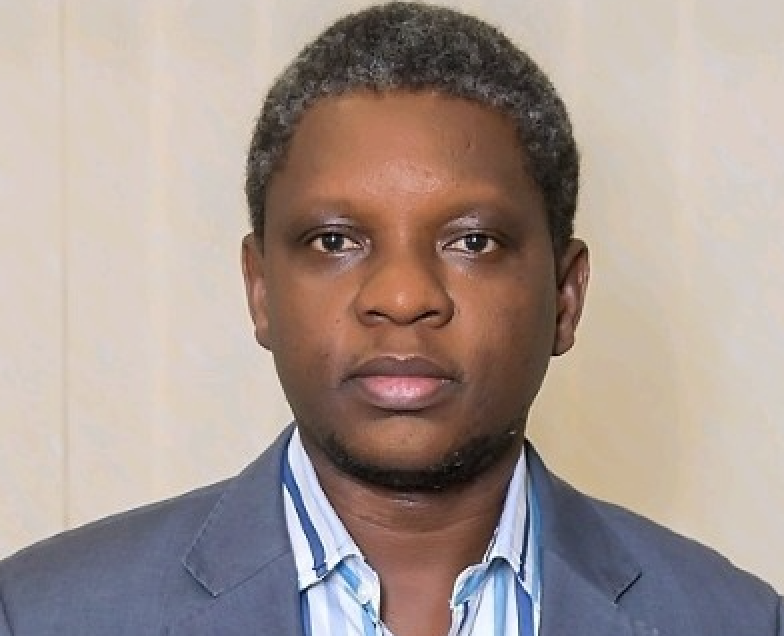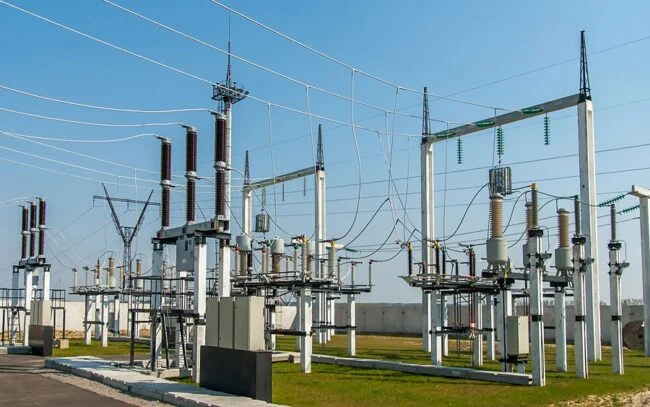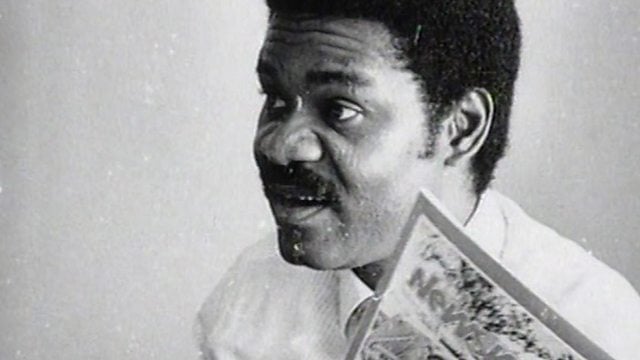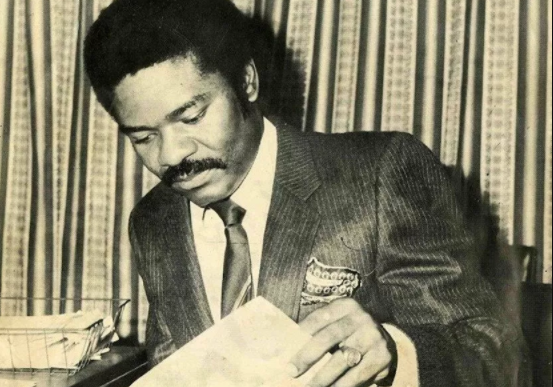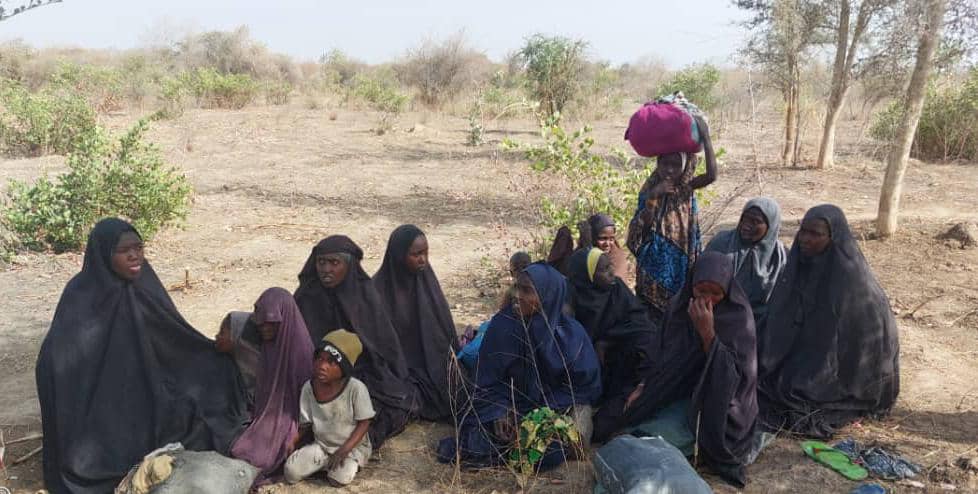“The sky does not lie,” wrote Toyyib Adewale Adelodun (@taadelodun) on X after a recent trip that took him across Nigeria, Morocco and Scotland at night. “Taking off from Nigeria, Morocco, and Scotland at night, I saw three different nations telling their story. Nigeria, the most populous by far, was mostly dark. Morocco glowed with stability. Scotland blazed with abundance.”
That one observation captures Nigeria’s deepest failure. While other nations shine, Nigeria, with over 200 million people, remains stuck in darkness. The lights from the sky confirm what Nigerians endure daily: unreliable, inadequate and expensive electricity.
The statistics tell the story. According to the World Bank, only 53.6 percent of Nigerian households have access to electricity, and of those, just 18 percent say they enjoy reliable supply. This means fewer than 13 percent of Nigerians can count on electricity most of the time.
Families report an average of 6 to 7 power outages every week, each lasting about 12 hours, amounting to nearly three days in darkness every week. The consequence is that over 100 million Nigerians either live without power or depend on generators that guzzle expensive fuel.
Advertisement
Adelodun captured the broader implications in his words, “Electricity is never just about power. It is about dignity, opportunity, and the pace of progress. As Nigeria’s population surges, solving the energy puzzle is no longer optional – it is survival.”
Despite having an installed generation capacity of about 13,500 to 14,000 megawatts, Nigeria has rarely delivered more than 6,000 MW to the grid at any point. Morocco, with a population of 39 million, has nearly the same installed capacity of about 12,000 MW and delivers it consistently. India, with over 1.4 billion people, has an installed capacity of 467,000 MW and distributes about 240,000 MW. Nigeria has a long way to go.
The structure of the power sector is part of the problem. The old Power Holding Company of Nigeria (PHCN) was unbundled in 2005 into private distribution companies (DisCos), generation companies (GenCos), and the government-owned Transmission Company of Nigeria (TCN). Yet the promise of reform has not been realised. DisCos remain financially insolvent, owing GenCos trillions of naira in subsidies and outstanding payments. This debt starves the system of liquidity, making it difficult for GenCos to maintain plants or invest in expansion. The transmission infrastructure under TCN is weak, with frequent system collapses that plunge large parts of the country into blackouts.
Advertisement
The cost to the economy is severe. The World Bank estimates that unreliable power costs Nigeria about $29 billion annually, or 2 percent of GDP. For small businesses and households, it is a daily battle. A welder in Kano cannot plan his workday because of erratic supply. A hospital in Enugu runs costly diesel generators to keep its equipment running. A family in Lagos pays both an electricity bill and generator expenses, often higher than their rent.
The solutions are not unknown. Nigeria needs to fix its transmission backbone. Without a stable grid, even the power that is generated cannot reach homes and businesses. Investments in TCN’s lines and substations must be accelerated, with a clear plan to end the recurring system collapses.
Distribution companies must be forced to clean up their balance sheets. Government cannot continue to paper over their inefficiency with subsidies while they fail to remit what they owe. Debt restructuring is necessary, but accountability is more important. Nigerians must see value for the billions poured into the sector.
Metering must become universal. As long as estimated billing dominates, consumers will continue to pay for electricity they do not use while DisCos escape responsibility for poor supply. The regulator must enforce metering deadlines and penalise failures.
Advertisement
In parallel, Nigeria must embrace decentralised solutions. Off-grid and mini-grid solar projects have shown promise in rural communities. Expanding these projects can quickly bring reliable power to millions who may never see the national grid in the near term.
The energy mix also needs diversification. Nigeria relies heavily on gas-fired plants, yet gas supply is erratic. Investment in renewables—solar, hydro and wind—offers a pathway to both reliability and sustainability. Morocco, which glowed in Adelodun’s account, built the world’s largest concentrated solar plant at Ouarzazate. Nigeria has far greater solar potential, but much of it remains untapped.
Above all, transparency is crucial. Nigerians need to know where funds go, what projects are planned, and how progress is measured. Without openness, the sector will continue to be a graveyard of reforms that exist only on paper.
Adelodun’s warning could not be clearer, “Without light, we can not industrialise. Without power, we can not compete. All hands must be on the deck to solve this problem.” The sky does not lie. Every dark patch from above is a reminder that Nigeria’s greatest obstacle to growth is not talent, not ambition, but the simple absence of electricity.
Advertisement
Until the lights come on, Nigeria will remain trapped in potential, never progress. The choice now is whether to continue managing darkness or to summon the will to banish it.
Ladigbolu is a Lagos-based journalist
Advertisement
Views expressed by contributors are strictly personal and not of TheCable.
